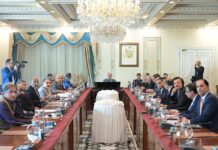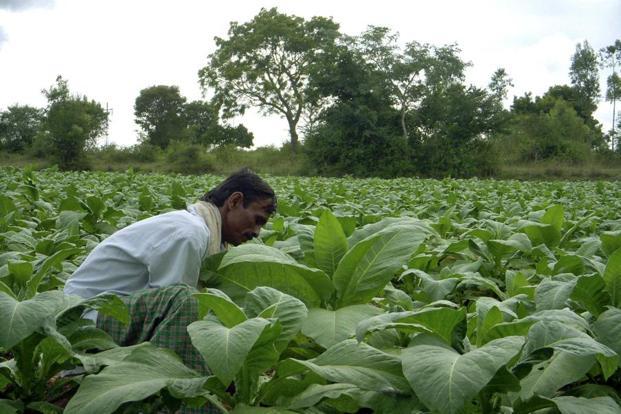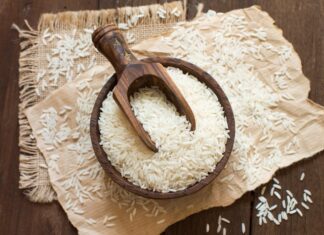PESHAWAR: Farmers from Swabi district on Tuesday demanded the federal government to provide them with a financial package as recent hailstorm has severely damaged their tobacco, wheat, vegetable and fruit orchards.
Two days ago, a severe hailstorm had lashed the tobacco-producing district and flattened standing crops.
According to sources in the Federal Board of Revenue (FBR), the reduction in tobacco crop would mean a direct reduction in the government’s revenue in term of taxes.
Last year, various companies purchased tobacco worth Rs8.5 billion from the farmers of Swabi, resulting in millions of rupees worth revenue for the FBR.
Liaqat Yousafzai, General Secretary of the Farmers Coordination Council, told this scribe that tobacco crop, which grows in 30 of 56 union councils of Swabi district, has been “completely destroyed” by the hailstorm.
He informed that the cost of Virginia tobacco crop is more than Rs300,000 per hectare, which also includes labour cost.
“Majority farmers have obtained loans from the cigarette companies and now it will be difficult for them to pay back,” Yousafzai said, adding that the farmers had a meeting with the deputy commissioner, who had assured them that he would talk to the government for a compensation package for affected farmers.
At present, the wheat crop is ready in Mardan division along with various varieties of vegetables that are too affected due to hailstorm, he said and demanded the government to immediately conduct a survey of the affected area and provide relief to farmers as soon as possible.
Tobacco crops and products fall under the jurisdiction of the central government, which earns Rs150 billion annually from this crop, Yousafzai said.
























